January 2026<br><em>The Hodder Bible Commentary: James</em><br>by Daniel K. Eng

Jesus’s brother James sends hope to followers of Christ scattered in different places, beset with troubles and discouragement. He inspires them to persevere through the present to enjoy God’s blessing and honor in the eternal future.
With compassion and candor, Daniel K. Eng presents a robust defense of God’s goodness and righteousness shown in the epistle of James. Grappling with the trials and tests we face today, he teaches us how the teachings of James are a guide to how to live with our eyes on eternity.
December 2025<br><em>The Completed Work of Christ in John 17:4</em><br>by Eric C. Redmond
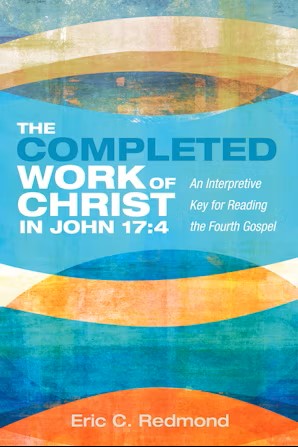
Scholars have viewed Jesus’s statement “I have completed the work you called me to do” as a proleptic reference to his work on the cross–that he speaks of it as fully accomplished, for it has been decreed so. Thus, the completed work looks forward to Jesus’s cry of “Tetelestai!” from the cross when the work of redemption is done. But what if this is not the best reading of the completed work and the verbal use in John 17:4? What if reading it correctly will reveal something greater about the work of redemption, the glory of the Father, how to read the Fourth Gospel, and how to understand verbal use in the Greek New Testament?
November 2025<br><em>Archaeology and the World of Jesus A Visual Guide</em><br>by David A. deSilva
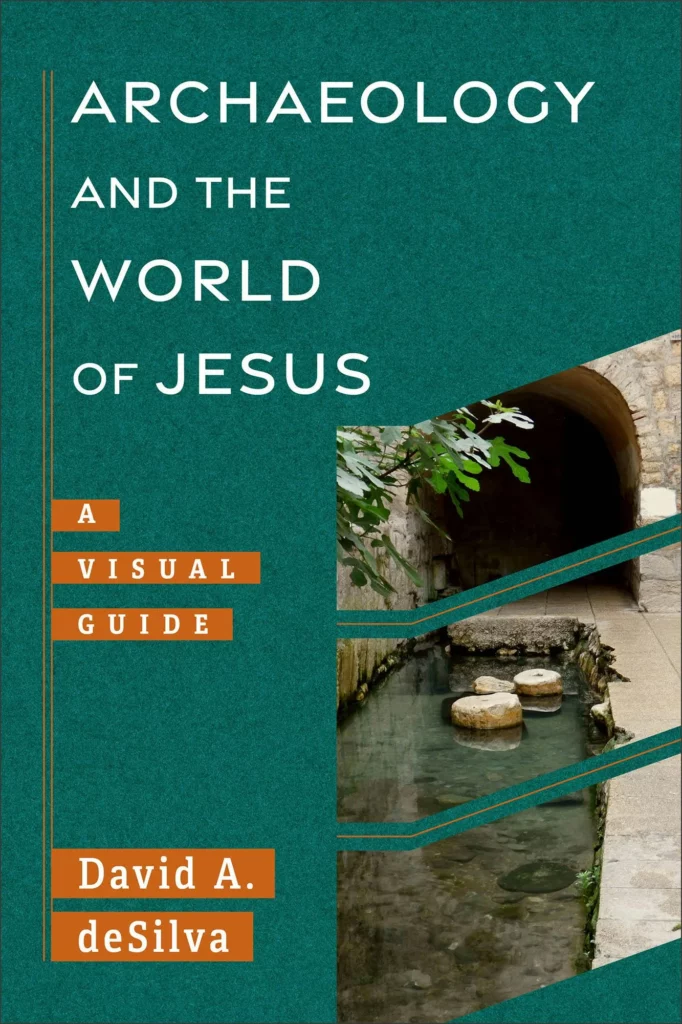
David deSilva uses archaeological findings to explore places that provide important windows into Jesus’s religious, political, and cultural environment. This visually compelling and beautifully designed book contains over 250 full-color photographs of sites and artifacts. The author focuses on the fruits of archaeology pertaining to sites associated with Jesus’s travels and ministry and their connections with specific Gospel texts. This book helps readers visualize the early first-century environment of Jesus, his opponents, and his followers.
October 2025<br><em>Habakkuk and Zephaniah</em><br>by Peter C. W. Ho
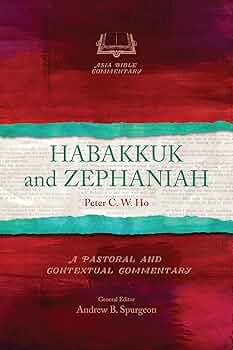
The books of Habakkuk and Zephaniah are God’s word to his people Israel at the lowest point in their history – the time of the Babylonian captivity. In the horizon, the looming national disaster is not simply contrasted with the prophetic hope of deliverance; rather the brightest light that shines is the display of God’s unchanging faithfulness, power, and holiness – the foundations for divine action for the well-being of the remnant of Judah. They show us the faith of the righteous among the rebels and the ruins. These two powerful books show us how we ought to live in such times, demonstrate that faith without faithfulness is an infantile fantasy. Yet behind these struggles of God’s people is a God who is determined to be their righteousness.
September 2025<br>𝘚𝘸𝘪𝘯𝘨 𝘓𝘰𝘸, 𝘷𝘰𝘭𝘶𝘮𝘦 1: 𝘈 𝘏𝘪𝘴𝘵𝘰𝘳𝘺 𝘰𝘧 𝘉𝘭𝘢𝘤𝘬 𝘊𝘩𝘳𝘪𝘴𝘵𝘪𝘢𝘯𝘪𝘵𝘺 𝘪𝘯 𝘵𝘩𝘦 𝘜𝘯𝘪𝘵𝘦𝘥 𝘚𝘵𝘢𝘵𝘦𝘴 & 𝘚𝘸𝘪𝘯𝘨 𝘓𝘰𝘸, 𝘷𝘰𝘭𝘶𝘮𝘦 2: 𝘈𝘯 𝘈𝘯𝘵𝘩𝘰𝘭𝘰𝘨𝘺 𝘰𝘧 𝘉𝘭𝘢𝘤𝘬 𝘊𝘩𝘳𝘪𝘴𝘵𝘪𝘢𝘯𝘪𝘵𝘺 𝘪𝘯 𝘵𝘩𝘦 𝘜𝘯𝘪𝘵𝘦𝘥 𝘚𝘵𝘢𝘵𝘦𝘴 <br>by Walter R. Strickland II

The history of African American Christianity is one of the determined faith of a people driven to pursue spiritual and social uplift for themselves and others to God’s glory. Yet stories of faithful Black Christians have often been forgotten or minimized. The dynamic witness of the Black church in the United States is an essential part of Christian history that must be heard and dependably retold.
Swing Low establishes a theological framework grounded in the Orthodox Christianity that marked the African American Christian witness and traces its development from the 1700s to the 21st century.
August 2025<br><em>The State of Old Testament Studies</em><br>Edited by H. H. Hardy II and M. Daniel Carroll R.
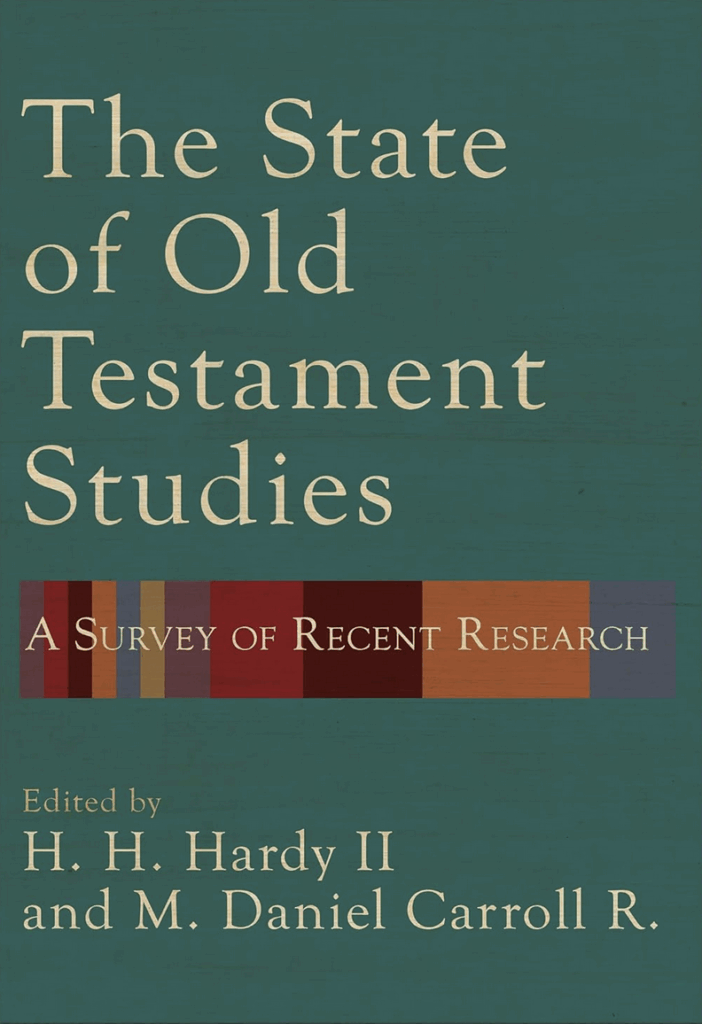
A book with the same goal of providing an introductory survey like this one was published in 1999 with the title The Face of Old Testament Studies. The idea behind our volume was to offer a new, up-to-date volume to show how the Old Testament research has developed and grown since that time
July 2025<br>Prophet, Priest, and King: Christology in Global Perspective<br>Edited by Michael Horton, Elizabeth W. Mburu and Justin S. Holcomb
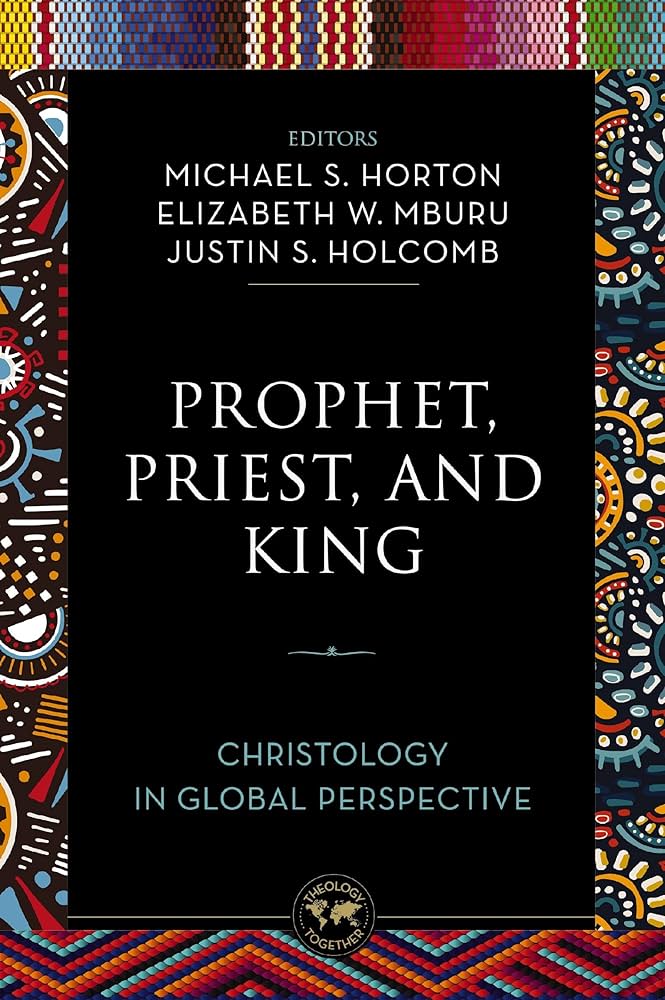
How might different voices from the global church help all Christians understand the person and work of Jesus Christ better? Written by a team of leading Majority World scholars, this joint project explores and articulates a doctrine of Christ by appealing to his threefold office as prophet, priest, and king. Thus, it considers Christology not only as a central tenet of the Christian faith but, by drawing from a variety of voices throughout the worldwide church, it also points to the unified testimony of the global, catholic church.
This is the first volume in the Theology Together series, which highlights the voices of Majority World scholars, each of whom brings insights from a particular context, and places them in conversation with one another to contribute to a richer, deeper understanding of a shared faith in Christ.
June 2025<br><em>Exploring the New Testament in Asia</em><br>Edited by Samson L. Uytanlet and Bennet Lawrence

This book aims to address some theological issues that confront Asians in our generation, which include persecution, power dynamics, concerns of the marginalized groups, purity, belief in the spirit world, among others, by drawing on the New Testament.
May 2025<br><em>Engaging the New Testament</em><br>by Miguel G. Echevarría

Throughout the book, I show that the final forms of the New Testament writings are meant to be read canonically. Readers should therefore discern, for instance, the significance of Matthew at the head of the fourfold Gospel corpus, Romans and Galatians as the bookends for an initial Pauline letter grouping, and Revelation at the conclusion of the canon.
April 2025<br><em>The New Testament around the World</em><br>Edited by Mariam Kamell Kovalishyn

Our context intersects with the historical-linguistic work of exegesis, whether by raising questions of the text, being challenged by the text, or challenging other readings of the text. The goal is to show how deeply valuable it is to be aware of our contexts while we read Scripture, and invite the global church to the table to read with us, helping to correct where our own vision might be too narrow.
